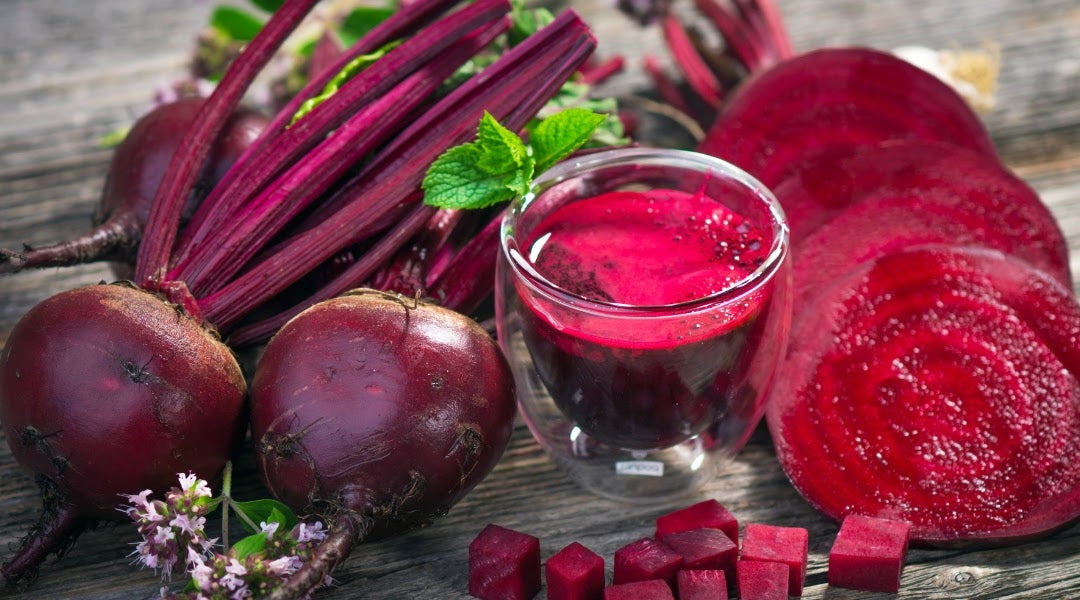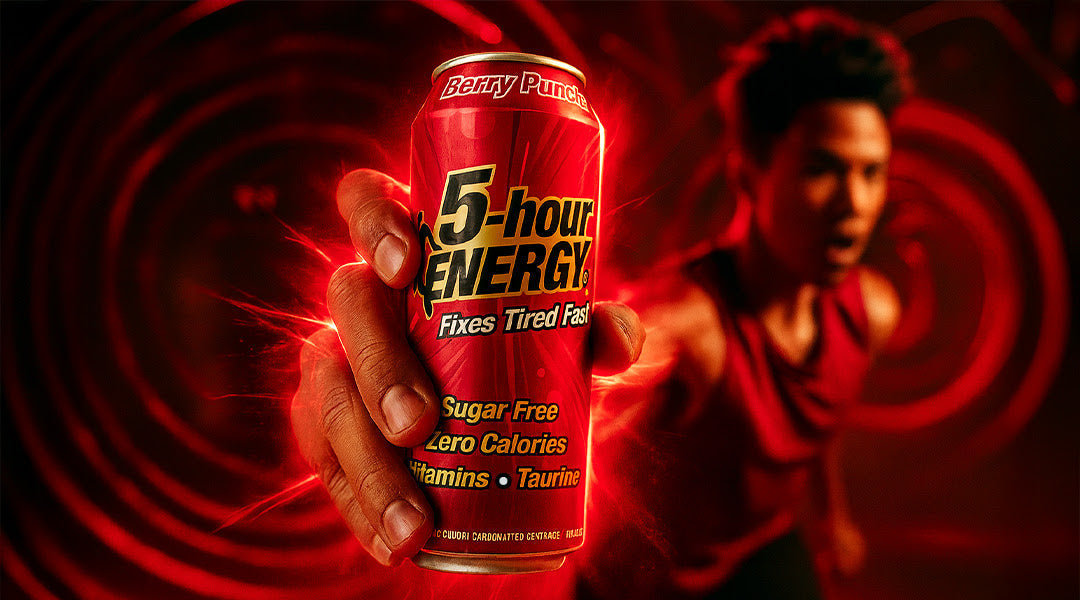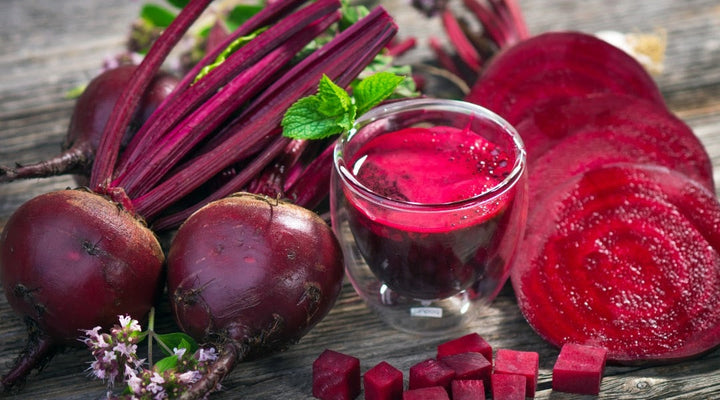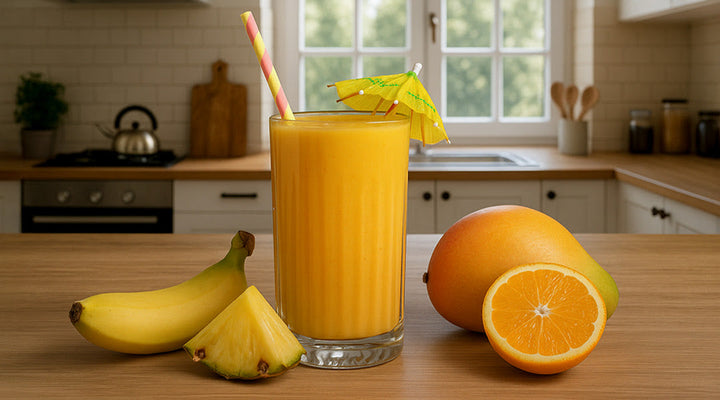
Can Coconut Water Cause or Prevent Diarrhea? What Science Says
Quick Answer
Coconut water can help with diarrhea, and it can also set it off. It helps rehydrate after mild diarrhea because it has natural electrolytes. But drinking a lot may trigger loose stools in some people because of high potassium, FODMAP carbs, or added sweeteners in store brands. Go easy on the amount and pick plain, unsweetened coconut water.
Key Takeaways
- Coconut water has key electrolytes that help you rehydrate after diarrhea.
- Many old healing traditions used coconut water for tummy troubles.
- Too much can act like a mild laxative because of the potassium.
- People with irritable bowel syndrome may react to the FODMAPs in coconut water.
- Choose unsweetened, natural coconut water over sweetened store versions.
You grab a bottle of coconut water at the store, drawn in by the talk about hydration and electrolytes. Later, your stomach feels off, and you ask yourself: “Did that coconut water help or hurt me?” You’re not the only one to ask this.
Patients often ask if coconut water helps with diarrhea or causes it. The answer is not that simple. It depends on several factors including amount consumed and individual digestive sensitivity.
The Dual Nature of Coconut Water on Digestive Health
Coconut water, the clear liquid inside young coconuts, has grown popular as a natural swap for sports drinks and sugary sodas. It brings natural electrolytes that help with hydration. But its gut effects are not one-size-fits-all.
The Mayo Clinic says coconut water has minerals like potassium, sodium, and manganese. These act as electrolytes in your body. They help keep fluid balance on track, which matters a lot after diarrhea. An eight-ounce serving has about 45–60 calories, so it’s lighter than many fruit juices.
Research in the Journal of Pharmaceutical Research International notes that coconut water has been used for ages across tropical areas. Healers used it for tummy issues like diarrhea and dysentery. That long track record hints at real gut benefits.
Coconut Water as a Rehydration Solution

Diarrhea drains water and electrolytes from your body. That can lead to dehydration fast. It’s risky for kids and older adults. So, the first goal is simple. Replace the lost fluids and salts.
Coconut water fits that job well. A study in Paediatrica Indonesiana tested coconut water as an oral rehydration option for kids with diarrhea. Salt added to half-strength coconut water worked as an optional electrolyte drink with “satisfactory results and without any harmful effects.” It can be a practical choice where coconuts are easy to find.
The mix of electrolytes in coconut water looks a lot like the balance in human blood plasma. Scientists also found anti-inflammatory effects. Tender coconut water has bioactive compounds that calm irritation and guard cells. That lines up with its long use for diarrhea and dysentery. Your gut gets a gentle helper when it needs it most.
When Coconut Water Might Trigger Digestive Issues

Even with all those benefits, coconut water can bother some guts. Three main reasons explain this laxative push:
First, coconut water is rich in potassium. WebMD notes that this can act like a mild laxative. A small amount may help with constipation. A lot may tip you into diarrhea, especially if you chug it. Your personal tolerance sets the line.
Second, coconut water has FODMAPs. These short-chain carbs pull water into your intestines. If you have irritable bowel syndrome or FODMAP sensitivity, you may get gas, bloating, and loose stools. Not fun.
Third, many store brands add sugar or artificial sweeteners. Those add-ins can upset a touchy gut. Some sweeteners push things along faster than you’d like.
Quality and Freshness Concerns
The quality of coconut water also matters a lot for safety and for your gut. A case report in Emerging Infectious Diseases told of a fatal poisoning from contaminated coconut water. The drink is spoiled with a fungus called Arthrinium saccharicola. It produced a toxin named 3-nitropropionic acid. This rare event shows why you should drink only fresh and well-kept coconut water from trusted places.
These severe problems are rare. But they remind us that natural drinks can still be risky if handled badly or stored too long. Fresh water from young green coconuts is the safest bet. Pasteurized options come next, with light processing and few additives.
Coconut Water in Context

Coconut water needs a careful view. Not a simple “good” or “bad” tag for your gut. Think of how people now relook at coconut’s saturated fat. It’s the same idea here. A paper in the Journal of Food Research says old food labels often miss real-life complexity.
The study notes that coconuts have medium-chain fatty acids. These act differently in the body than other saturated fats. So, coconut water’s effects are not just one thing. They depend on you, the amount you drink, and the rest of your diet. That’s the real picture.
The Right Balance
For most people, a moderate amount helps with hydration and sits well with the gut. Try these simple tips:
1. Choose unsweetened, natural coconut water with no added flavors or sweeteners.
2. Start small (about 4–6 ounces) if your stomach is sensitive or it’s new to you.
3. For diarrhea recovery, coconut water can help you rehydrate. If you worry about a laxative effect, dilute it a bit.
4. If you have IBS or a known FODMAP issue, go slow. It may trigger symptoms.
5. Watch how your body reacts. We all respond in our own way.
6. For severe or long-lasting diarrhea (kids and older adults need extra care) talk to a doctor before you rely on coconut water alone.


Conclusion
Coconut water can truly help with hydration and electrolytes. It may support recovery after mild diarrhea. It also has a history of use for tummy troubles. Science backs that up with its electrolyte mix and anti-inflammatory effects.
But there’s a catch. The high potassium and FODMAP carbs can upset some people, especially with large servings. Quality, freshness, and few additives also shape how it feels in your gut. So, the link to diarrhea isn’t only cause or prevention. It depends on the context. Pay attention to your own signals. Does your body say yes? Then it may fit your hydration plan, even on a rough gut day.
Frequently Asked Questions (FAQs)
How much coconut water is safe to drink daily?
Most healthy adults do well with 1–2 cups (8–16 ounces) a day. If you have kidney disease or a potassium limit, ask your doctor first. Coconut water has a lot of potassium.
Can children drink coconut water for diarrhea?
Yes, in moderate amounts. Studies show it can help with mild cases by rehydrating. For severe cases, seek medical care and use standard oral rehydration solutions.
Is coconut water better than sports drinks for rehydration?
For daily use or mild diarrhea, coconut water gives natural electrolytes and skips many artificial add-ins. For tough workouts or deep dehydration, medical-grade solutions may fit better.
Can coconut water replace oral rehydration solutions for severe diarrhea?
No. It helps with mild issues, but severe diarrhea needs exact electrolyte balance from medical-grade formulas. Always talk to a healthcare pro for serious or ongoing cases.
Does pasteurization affect coconut water's benefits?
Pasteurization makes it safer by killing harmful germs. Some heat-sensitive nutrients may drop a bit. For gut help, both fresh and pasteurized still give useful electrolytes.
How can I tell if coconut water has gone bad?
Fresh coconut water tastes sweet and a little nutty. Sour, fizzy, or off smells mean toss it out. Store-bought cartons should be used by the date and kept cold after opening.
About the Author
This article was written by the Lifeboost Coffee team using current medical research. We used trusted sources like the Mayo Clinic, WebMD, and peer-reviewed studies to share clear facts on coconut water and digestive health.
Disclaimer: This article shares general information, not medical advice. Always check with a healthcare professional before using any drink or food to treat health problems. Especially for kids, older adults, or people with long-term conditions.
Check out Lifeboost Coffee Grata Medium Roast.
Medical Disclaimer
This content is for informational and educational purposes only. It is not intended to provide medical advice or to take the place of such advice or treatment from a personal physician. All readers/viewers of this content are advised to consult their doctors or qualified health professionals regarding specific health questions. Neither Dr. Charles Livingston nor the publisher of this content takes responsibility for possible health consequences of any person or persons reading or following the information in this educational content. All viewers of this content, especially those taking prescription or over-the-counter medications, should consult their physicians before beginning any nutrition, supplement or lifestyle program.











